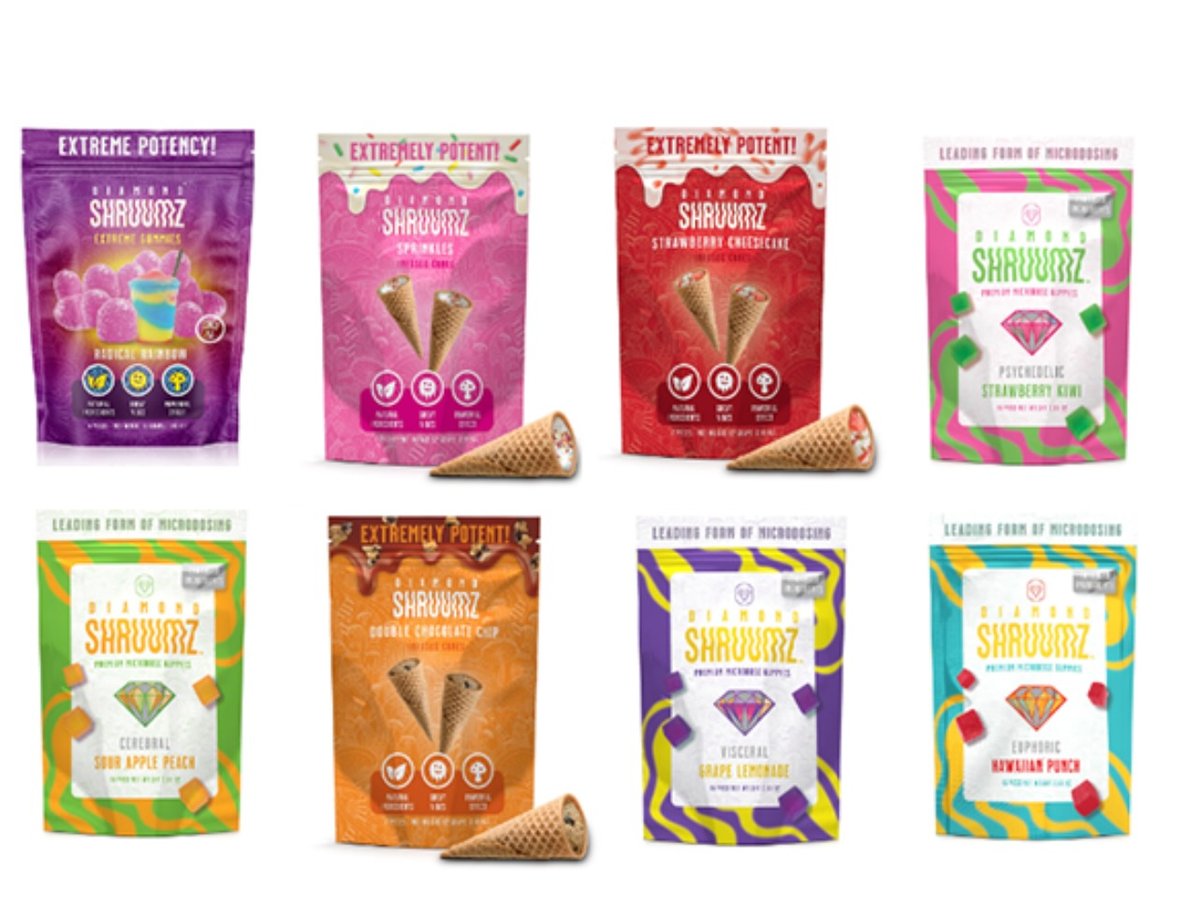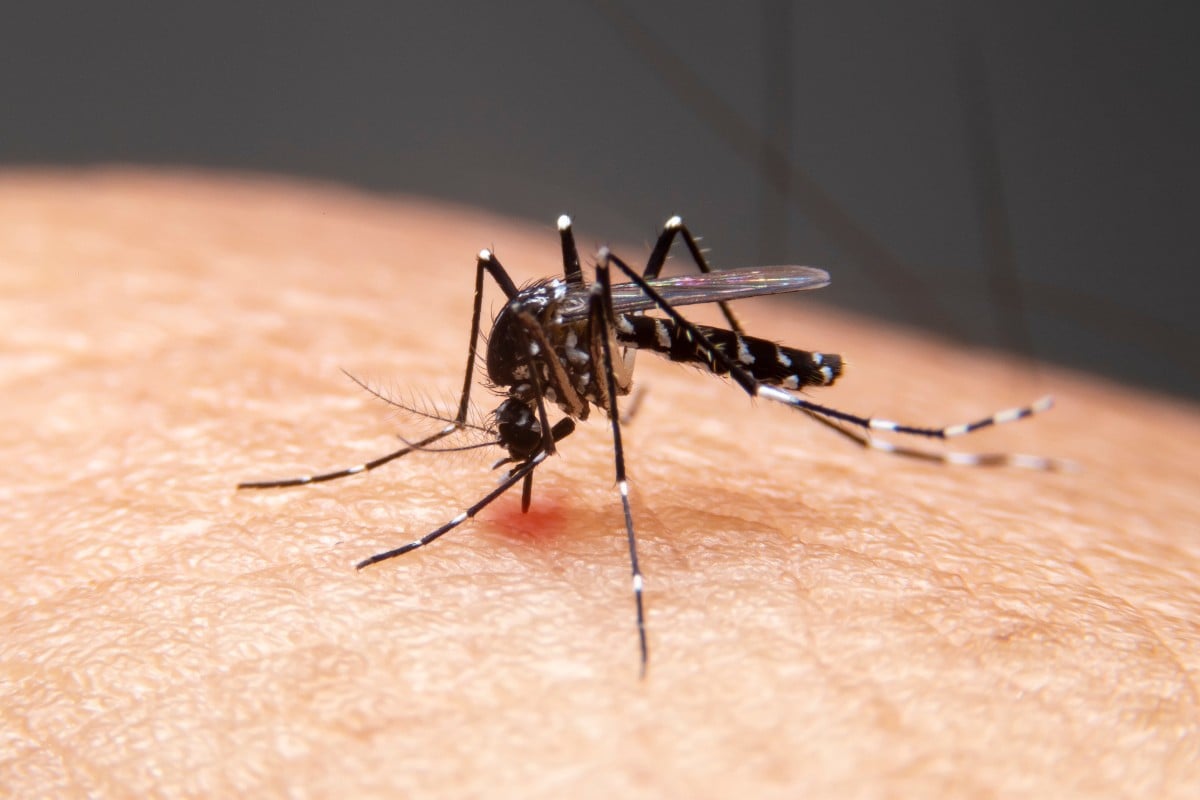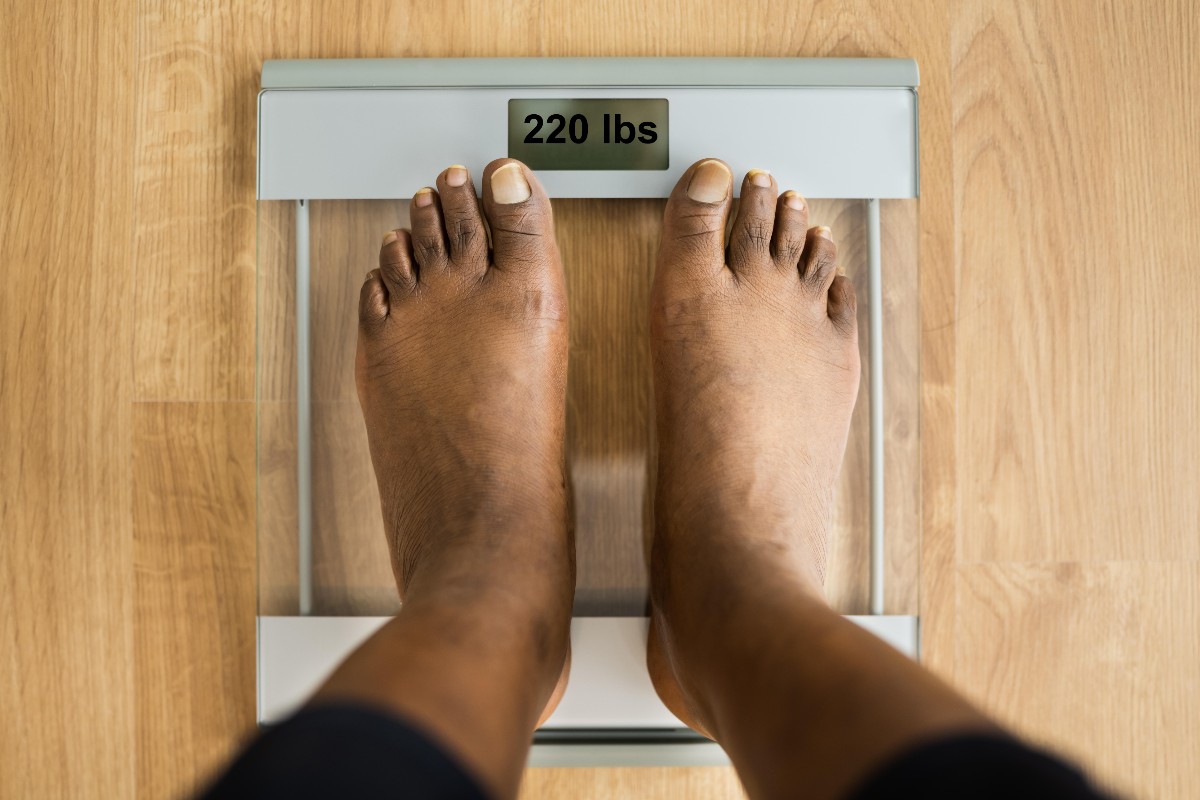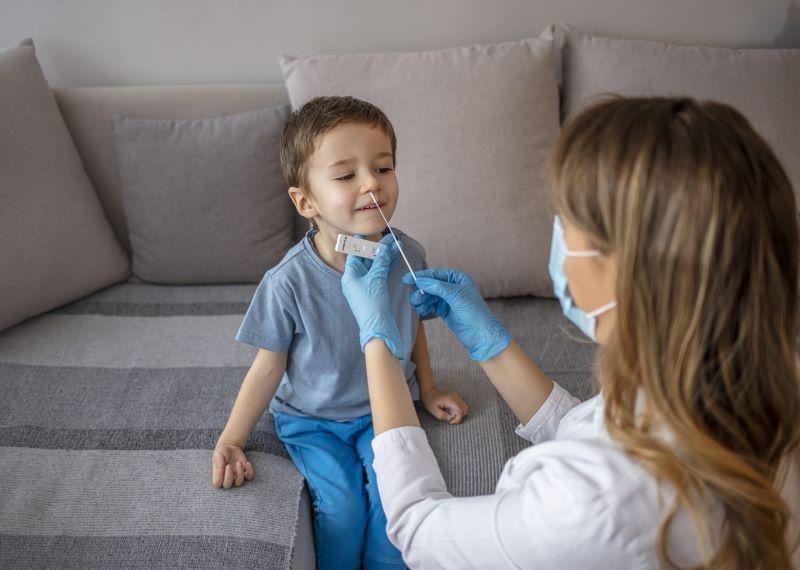
The U.S. Food and Drug Administration said Tuesday it is now investigating nearly 50 illnesses and one death that may be linked to eating Diamond Shruumz edibles. Of the 48 people in 24 states who said they got sick after eating the chocolate bars, cones and gummies, one patient has died and 27 have been… read on > read on >


















